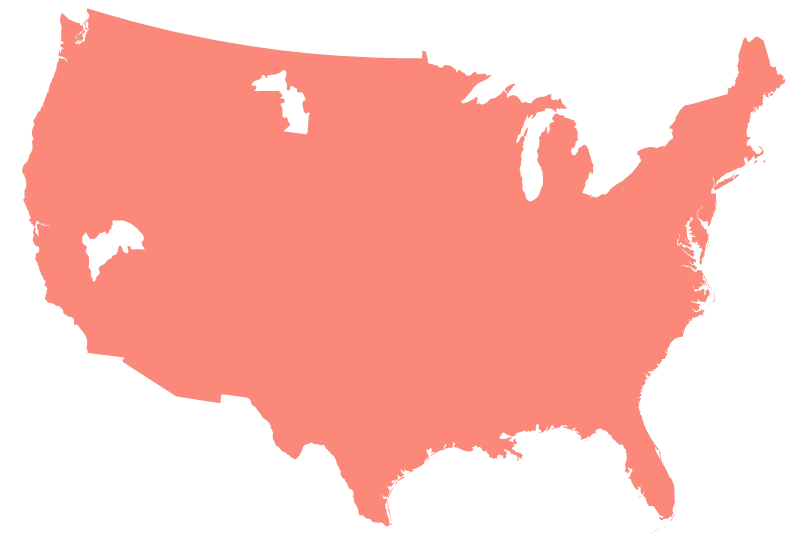Amazon FBA Prep Services
Running a successful Amazon business alongside your D2C channels? We’ve got you covered. Red Stag handles both your direct-to-consumer fulfillment and FBA prep needs under one roof.
*We serve multi-channel sellers who need both direct-to-consumer fulfillment and FBA prep services. If you’re only looking for FBA prep, we’re probably not the right fit.









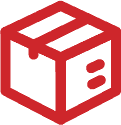
FBA prep services for multi-channel sellers

Direct-to-consumer fulfillment expertise

Strategic bi-coastal locations
Trusted by the best in ecommerce





Expert FBA prep services for growing multi-channel brands
In 2012, our co-founders faced the harsh reality of what fulfillment mistakes can do to a business. Lost shipments, damaged inventory, and unhappy customers were threatening their ecommerce company’s future. Being entrepreneurs, they built the solution they wished existed.
Today, Red Stag Fulfillment helps multi-channel sellers streamline their operations with both direct-to-consumer fulfillment and FBA prep services under one roof.
Red Stag is built different than the typical 3PL
(and the ones you see advertising everywhere)










Industry-leading guarantees
Your D2C fulfillment needs rock-solid reliability. Our industry-leading guarantees ensure your direct-to-consumer orders and FBA prep shipments are handled with care and delivered on time. Learn more about our guarantees

Just two strategically-located warehouses
Our bi-coastal locations optimize your inventory management for both D2C and Amazon channels. We realize you may have heard you need more locations, so we wrote about why we have just two locations here

A team that gets FBA prep requirements
Our prep specialists maintain up-to-date knowledge of Amazon’s requirements. When you work with us, you’ll partner with people who understand the complexities of FBA prep.

A bootstrapped, long-term oriented company
Our founders still own 100% of Red Stag. Meaning: no venture capitalists pushing for growth at all costs. We’re well-capitalized and focused on building a company where our incentives are aligned with yours.

“Red Stag Fulfillment got us set up quickly and with little effort on our side. We were onboarded just in time for our peak season, and Red Stag right away delivered flawlessly. They even accommodated our last-minute changes by taking on additional order volume and inbound deliveries, all while beating the promised SLAs. The Red Stag team always replied, “Happy to help!” when we were in a bind due to our order volume being two times our forecast. Red Stag Fulfillment exceeded our expectations from the start. They have already become a valued partner.”

Chief Information Officer
Hexclad









The Red Stag Difference
Poor fulfillment destroys value for your brand.
So, we created Red Stag Guarantees — either we hit these guarantees, or we pay you for our mistakes.
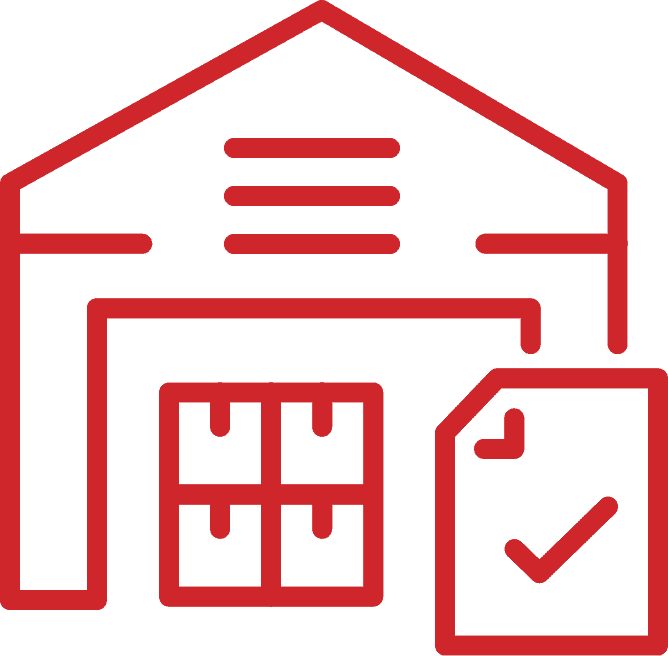
Dock-to-stock in 2 business days
We receive all shipments in less than two days because “Out of Stock” is never okay.

No shrinkage allowed
Once we receive your product, we won’t lose it or damage it.
P.S. Ask other 3PLs about their shrinkage allowance.

Pick & pack accuracy
We get the right stuff to the right customer, or we’ll pay you for the mistake.

On-time shipments
We get orders out the door on time, every time—with same-day shipping available.
Red Stag’s strategically placed warehouses make shipping to Amazon FBA facilities efficient and cost-effective. Combined with our industry expertise and same-day processing guarantees, our FBA prep network helps you maintain healthy inventory levels while meeting Amazon’s strict requirements.
Don’t just take our word for it
What clients have to say about our ecommerce fulfillment services









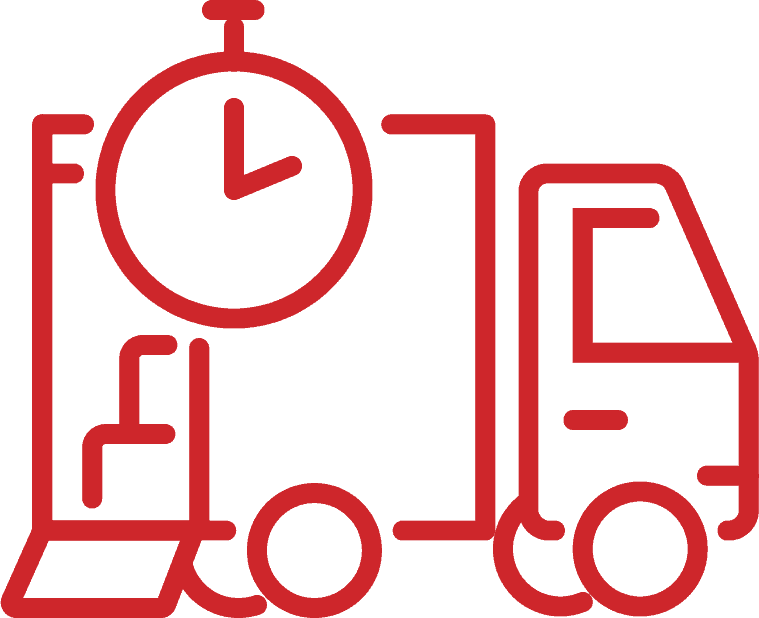
Professional multi-channel fulfillment services
Modern ecommerce demands flexibility. We excel at direct-to-consumer fulfillment while also supporting your Amazon channel with FBA prep services and FBM capabilities. This dual capability means you can manage both channels through a single, reliable partner.

Amazon compliance & inventory management
We work with sellers to optimize their FBA prep process using our web-based management system for complete visibility during each phase. Our technology and commitment to perfection means you can spend less time worrying about Amazon compliance and more time growing your business.

Inventory shrinkage savings
“Inventory shrinkage” is one of those hidden terms at most ecommerce fulfillment centers that states a fulfillment center is allowed to lose or damage a small percentage of your inventory. To put it plainly, we think this is ridiculous. Not only does the term “shrinkage allowance” not exist with Red Stag, but clients who have switched have experienced a 93.6% – 100% reduction in monthly inventory loss or damage.
Looking for outstanding ecommerce fulfillment and FBA prep services?

Red Stag provides FBA prep alongside our fulfillment services for established brands, but we’re not a fit for everyone. Contact us today to see if our multi-channel capabilities match your needs.
Get Started

